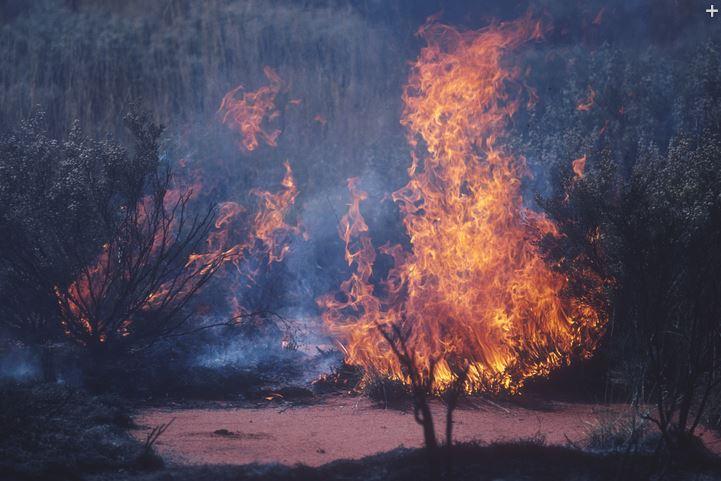Student researcher
The following proposal is an attempt to combine research and practice from diverse areas with the purpose of developing an integrated assessment framework that will allow practitioners to objectively evaluate the impacts that wildfire risk reduction strategies impose on society and the environment. Of interest are the correct identification, quantification and valuation of health impacts produced by fine particulate matter emissions (PM2.5) from fire smoke.
A cost-benefit analysis will be used to estimate various economic metrics that will inform policy, by performing the following outlined steps:
- Identification of scenarios (prescribed burning vs. wildfires)
- Estimation of general costs under both scenarios
- Quantification of pollutant emissions
- Health impact assessment, including valuation of impacts
- Cost-benefit analysis (construction of economic metrics)
The construction of emissions scenarios (fire regimes) will be done using a simulation approach based on the best available data and models and will be framed by the geographic setting of the Sydney Basin. Ideally, generalisations will be done to transfer this analysis to other settings within Australia. Health impact assessment will be done using state of the art methods and recommendations.
The main output will be an Assessment Framework for the Evaluation of Wildfire Risk Reduction Strategies that will be applied to at least one case study (within Sydney Basin). Framework will be developed with the following research questions as main drivers:
- Is prescribed burning an effective method for improving public health?
- What are the real costs and benefits to society of reducing fuel load with respect to a baseline scenario that considers climate change impacts?
- Can fuel reduction strategies be systematically assessed to better inform policy makers?



